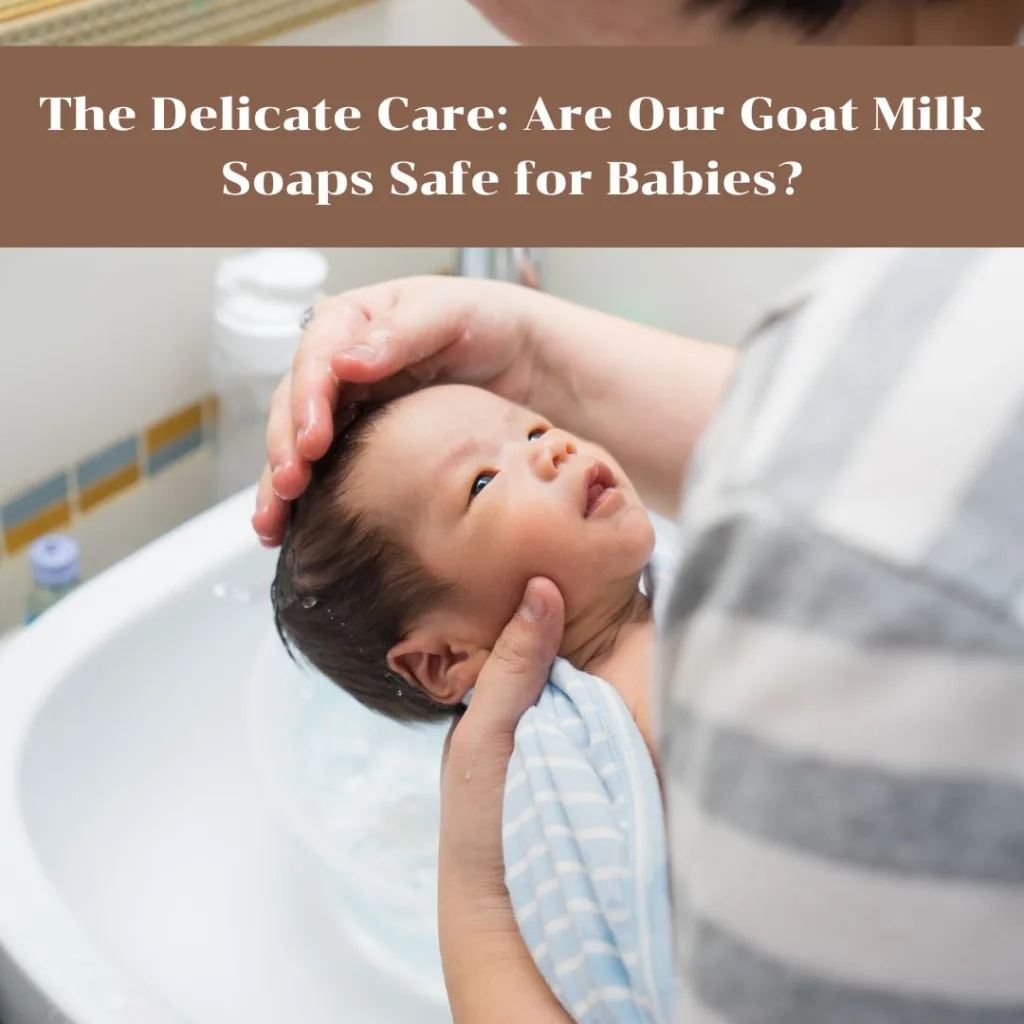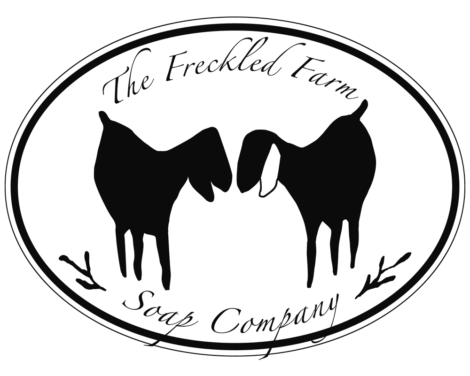
The quest for gentle and nurturing skincare products for babies has led many parents to explore natural alternatives. Among these, natural handmade goat milk soaps have gained popularity for their purported benefits and minimalistic ingredient lists. With the delicate and sensitive nature of a baby’s skin, it’s crucial to weigh the potential advantages and concerns before incorporating such products into your little one’s routine.
The Goodness of Goat Milk
Goat milk has been celebrated for centuries for its moisturizing and skin-loving properties. Rich in vitamins, minerals, and healthy fats, goat milk is believed to possess numerous benefits for the skin. It contains lactic acid, which acts as a natural exfoliant, helping to gently remove dead skin cells and promote a smoother complexion.
For babies, who have delicate and developing skin, the potential benefits of goat milk are alluring. The natural fatty acids and proteins present in goat milk can provide nourishment and hydration to the skin, helping to maintain its natural moisture barrier.
Minimal Ingredients, Maximum Assurance
One of the main appeals of natural handmade goat milk soaps is their simple ingredient lists. Crafted by artisans who often prioritize using organic and wholesome components, these soaps typically avoid harsh chemicals, fragrances, and synthetic additives that can be irritating to sensitive skin.
When considering such products for babies, this can be a significant advantage. Babies’ skin is more susceptible to irritation and allergies due to its thinness and permeability. Choosing a soap with minimal, recognizable ingredients reduces the likelihood of adverse reactions and ensures that your baby’s skin is exposed to gentle care.
Our Castile Goat Milk Soap is the most gentle in our line and contains the fewest ingredients.
Potential Considerations
While natural handmade goat milk soaps offer several potential benefits, it’s essential to approach their use with caution, especially when it comes to babies:
- Allergies: Although goat milk is generally well-tolerated, some babies might have allergies or sensitivities to dairy products. Before introducing goat milk soap to your baby’s skincare routine, it’s a good idea to perform a patch test to ensure there are no adverse reactions.
- Fragrance: While many goat milk soaps are fragrance-free, some variants might contain essential oils for scent. Keep in mind that babies’ skin can be sensitive to even natural fragrances. Opt for unscented options if you’re concerned about potential irritation.
- Not Tear-Free: No true soap (mets the legal definition of soap) is tear free. Take extra care to ensure that the soap doesn’t get into the baby’s eyes.
Consultation with a Pediatrician
Before introducing any new skincare product into your baby’s routine, including natural handmade goat milk soap, it’s wise to consult with your pediatrician. They can offer personalized advice based on your baby’s specific needs, skin type, and any potential allergies or sensitivities they may have.
In the realm of baby skincare, the emphasis is always on gentle and safe care. Natural handmade goat milk soaps can indeed offer a nourishing and wholesome option for your baby’s skin, thanks to their simple ingredient lists and potential skin-loving properties. However, as with any new product, it’s crucial to proceed with caution, perform patch tests, and seek guidance from your pediatrician. Ultimately, the choice to include goat milk soap in your baby’s routine should prioritize their well-being and comfort above all else.
